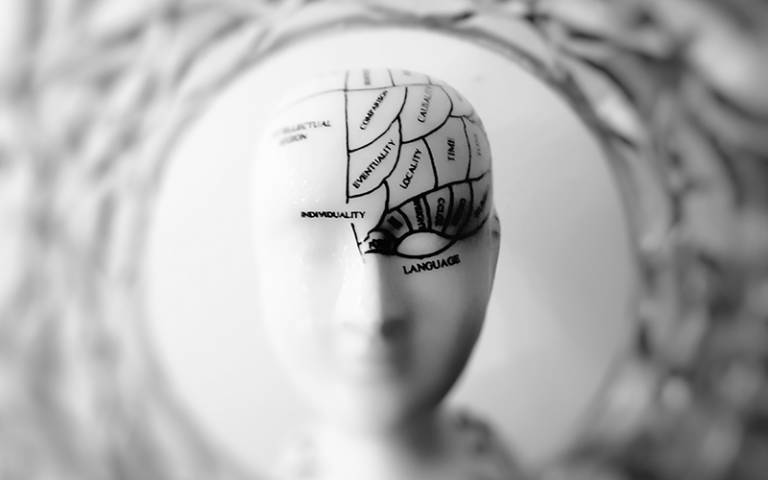Bilingualism as a long-term experience that sculpts the brain
22 April 2024, 6:00 pm–7:30 pm

Join this event to hear Christos Pliatsikas talk about brain plasticity in bilingual speakers across development.
This event is free.
Event Information
Open to
- All
Availability
- Yes
Cost
- Free
Organiser
-
Roberto Filippi
Research on the effects of bilingualism on the structure of the brain has so far yielded variable and sometimes contradicting patterns. Although it cannot be disputed that learning and using additional languages restructures the brain, this variability in the findings is expressed in numerous ways.
Following current suggestions that bilingualism should be treated as a multidimensional dynamic experience, this talk will review the available evidence from the perspective of experience-based neuroplasticity and will link the evidence to neuroplastic patterns reported in other (non-linguistic) domains of learning.
A theoretical suggestion will be presented, the Dynamic Restructuring Model, which synthesises the available findings and draws parallels to theories on the biological basis of experience-based neuroplasticity. This will be followed up by some newer evidence from Christos' lab, and will conclude with suggestions on how the field should move forward.
This online event will be particularly useful for those interested in bilingualism and brain development.
Multilingualism and Diversity: Impact on Education, Health and Society seminar series
This seminar series aims to bridge science with practice in education. Leading experts in linguistics, psychological sciences and neurosciences will engage with education practitioners, parents, students and members of the public who have an interest in multicultural diversity and inclusion.
Related links
About the Speaker
Dr Christos Pliatsikas
Associate Professor at the University of Reading
His research background is in the fields of Cognitive Psychology and Cognitive Neuroscience, with a focus on bilingual acquisition and processing, investigated with behavioural and MRI techniques.
His research interests include: How is learning of additional languages reflected at the brain level? Is the brain structure and function affected by the experience of learning and using a second language? What are the advantages of bilingualism in relation to language processing, general cognition and brain function? How are morphology and syntax represented and processed in the bilingual brain? Do second language learners achieve native-like morphological and syntactic processing? If so, what is the importance of factors such as linguistic immersion and proficiency?
 Close
Close

